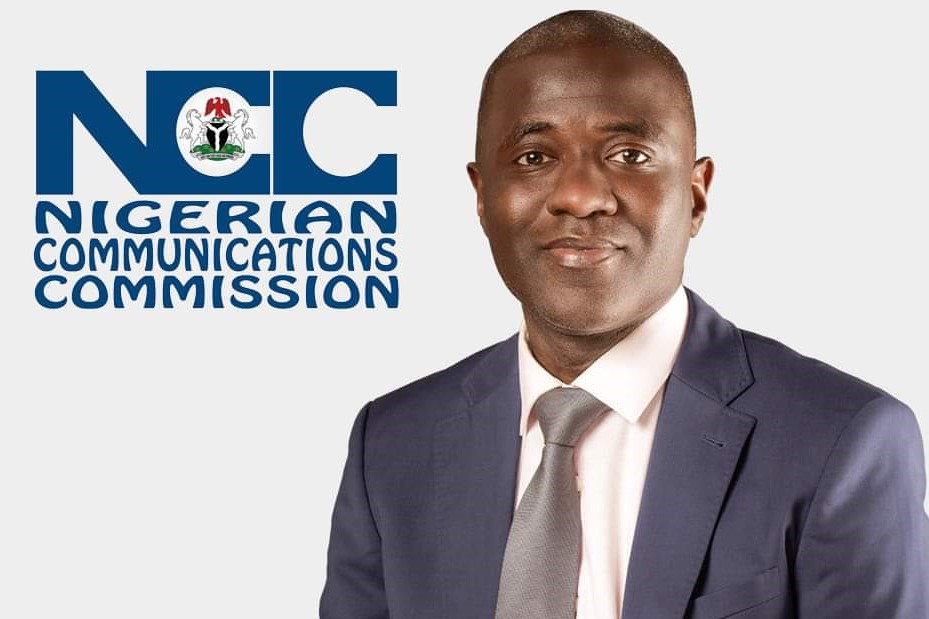The Board of Directors of the African Development Bank Group (www.AfDB.org) has approved a loan of EUR 74.25 million to Cameroon in Abidjan to implement the first phase of the Electricity Sector Recovery Support Programme (PARSEC).
The programme will support the Cameroonian government to implement the reforms necessary in the energy sector in 2024 and 2025 so that, in the long term, the country can produce enough electricity to cover its national requirements of 5,000 megawatts and build a reserve to export energy to neighbouring countries, particularly Chad.
“This programme allows the African Development Bank to provide added value in its support for the recovery of the electricity sector in Cameroon. It also offers significant leverage effects through its connection to various recovery plans in the electricity sector. The various actions implemented in the context of high-level dialogue with the government are such that they will raise the Bank to the rank of a preferred partner to Cameroon,” said Serge N’Guessan, Director General for the Central Africa region and head of the African Development Bank’s Country Office in Cameroon.
Among other things, the reforms will enable Cameroon to reduce its commercial losses on electricity, improve revenue collection and deal more efficiently with energy flows in distribution, by migrating metering from a post-paid to a pre-paid mode and installing smart meters, including in public buildings. The programme will also help to develop and implement an information-education-communication plan aimed at the population, to publicize the new type of metering and introduce customers to pre-payment.
The Bank’s support will build human resource capacity so that Cameroon has a critical mass of qualified personnel to work throughout the electricity sector value chain, from production to knowledge distribution, with the aim of facilitating faster responses to technological, organizational, environmental, climate-related and financial needs in the sector.
The programme will also contribute to the development of a low-cost, integrated master plan to build planning capacity in the electricity sector, covering the whole of the electricity value chain in Cameroon and taking gender concerns into account.
The whole of the Cameroonian population will benefit from the programme, based on an improvement in quality of life. The programme will also benefit small and medium-sized enterprises (SME), which will see several constraints on the development of their activities, including the irregularity of the energy supply, removed. This will improve the business environment, allowing the Cameroonian economy to attract more national, regional and foreign capital.




